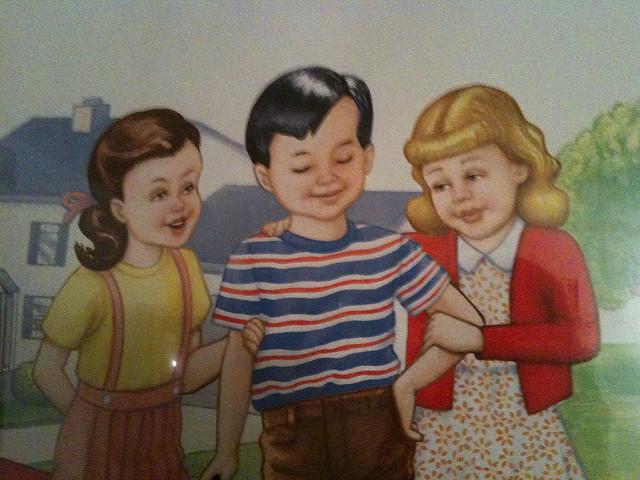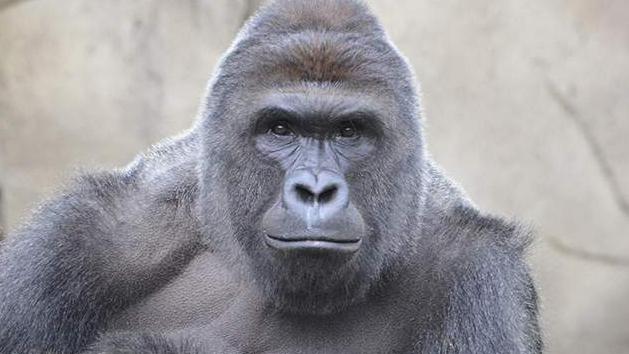French Elections
Originally printed in the Dallas Catholic News. Reprinted with permission

May 2, 2017
France is in an intense political situation as elections between a candidate, whom some call “the French Trump” and a centrist rookie, are in the air. The whole world could potentially be greatly affected by the outcome. France underwent its first round of elections on April 23rd, and of the four major candidates, two have continued on to the final round of voting on May 7th.
The country will be facing many critical questions in the coming years, and the answers could have a lasting impact on France’s political, economic and social environment. Its impact, however, will also reach all of Europe and potentially the whole world.
This election time is extremely controversial for several reasons, but especially because of the recent Brexit, heightened racial and religious tensions, and low economic performances. After Britain chose to leave the EU, the French are more pessimistic than ever about the possibility of prosperity while in the Union. The EU and its relationship with France (one of its major economic drivers) largely depends on who becomes the president, as the two candidates have very different opinions about whether or not to remain in the Union. This impact on the EU will, in turn, affect not only all of Europe, but also the U.S. and Asia.
France is also in the midst of extreme tension regarding ethnicity and religion, especially after Paris was targeted in terrorist bombings and shootings. The economy is also weak, with unemployment staying around 10% since 2012, and 20% for young people. The nation’s economic growth is very slow, and so taxes do not yield enough money to support the public services that citizens want.
Support of the previous leadership has been extremely low, as the approval rating of the current president dropped to only 4% once. It is not as surprising then that the two candidates are from smaller political parties, and have thus ended the 60 years of French presidents belonging to one of the two mainstream parties.
One of the candidates, Le Pen, has been frequently called the French Trump, as her conservative views are very similar to his. Ms. Le Pen believes that France would prosper from protectionism; that a shift of support from NATO to Russia would be safer; and that France could prosper if it left the EU, or if its connection was renegotiated. She has promised to hold a national referendum regarding whether or not to remain in the EU. She has stated that she would try to strengthen relations with Russia. And she supports protectionist trade barriers. Her campaign slogan is “In the name of the people,” and she says that this is the France des oubliés (“of the forgotten”).
The other candidate, Emmanuel Macron, is just about the exact opposite. He has relatively little political experience and has never held elected office. He is free-market and pro-business, with a plan of reform that includes cutting 120,000 public jobs and €60 billion. He is supportive of the EU and could work to strengthen the governance of the Euro, alongside Germany. Mr. Macron belongs to the year-old political party, En Marche!, but there is significant doubt that this party can attain a majority in the National Assembly, and some fear that Mr. Macron will not be able to pass many legislatures.
The world will be watching next Sunday to see who the people of France choose as their next leader, and how that individual will run the nation.




Madame Obels-Robinson • May 10, 2017 at 1:31 pm
Kudos. Good snap shot of the situation. Well written with good insights.